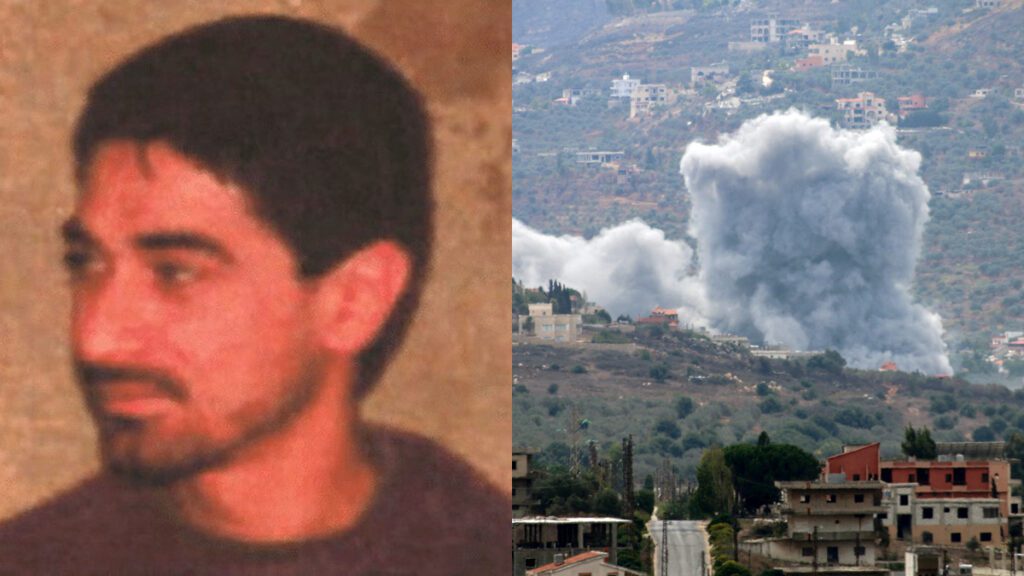A senior Hezbollah military commander was killed in an Israeli airstrike on Beirut on Friday, escalating fears of a broader conflict.
Hezbollah confirmed the death of Ibrahim Aqil, who Israel claimed was among several senior figures targeted in the strike.
The airstrike struck the densely populated Dahieh neighborhood, a Hezbollah stronghold, resulting in at least 14 fatalities and numerous injuries, according to Lebanese officials.
Scenes of chaos unfolded as emergency responders worked to rescue victims and search for those trapped under debris, with at least one building collapsing.
UN political affairs chief Rosemary DiCarlo warned that the Middle East is at risk of a conflict that could surpass the current devastation.
Her comments followed attacks earlier in the week that resulted in 37 deaths, with explosions occurring in Hezbollah’s communication networks.
Israel’s Defense Forces (IDF) spokesperson Daniel Hagari stated that Aqil, a key commander in Hezbollah’s elite Radwan forces, was killed alongside other operatives while they were hiding under a residential building in Dahieh.
He accused them of planning attacks against Israeli communities.
The IDF had previously reported on Hezbollah’s intentions, dating back to 2018, regarding infiltration plans.
The U.S. had also been searching for Aqil, offering rewards for information due to his ties to Hezbollah, designated as a terrorist organization by several countries.
In response to the airstrike, Hezbollah stated that they had launched their own attacks on military targets in northern Israel, firing 140 rockets.
This followed Israel’s extensive airstrikes targeting Hezbollah sites, which had been intensified since the escalation of violence on October 8, after a Hamas attack on Israel.
The recent surge in violence has led to significant casualties on both sides and displaced many.
Israeli officials have indicated a shift in focus toward operations in the north, with concerns about the broader regional implications of this conflict.
Hezbollah’s leader, Hassan Nasrallah, condemned the Israeli actions, claiming they violated all moral and legal boundaries, and warned of severe repercussions, though he expressed reluctance to escalate the conflict further.
Lebanese Foreign Minister Abdallah Bou Habbib accused Israel of undermining ceasefire efforts, while Israel’s UN envoy stated that while they are not seeking a wider conflict, they will respond to provocations.
The situation remains tense, with both the U.S. and UK advising their citizens against traveling to Lebanon, as diplomatic efforts continue to prevent further escalation along the Israel-Lebanon border.
CJ Advises Lawyers To Adopt Bold, Creative, And Innovative Approach In Their work

